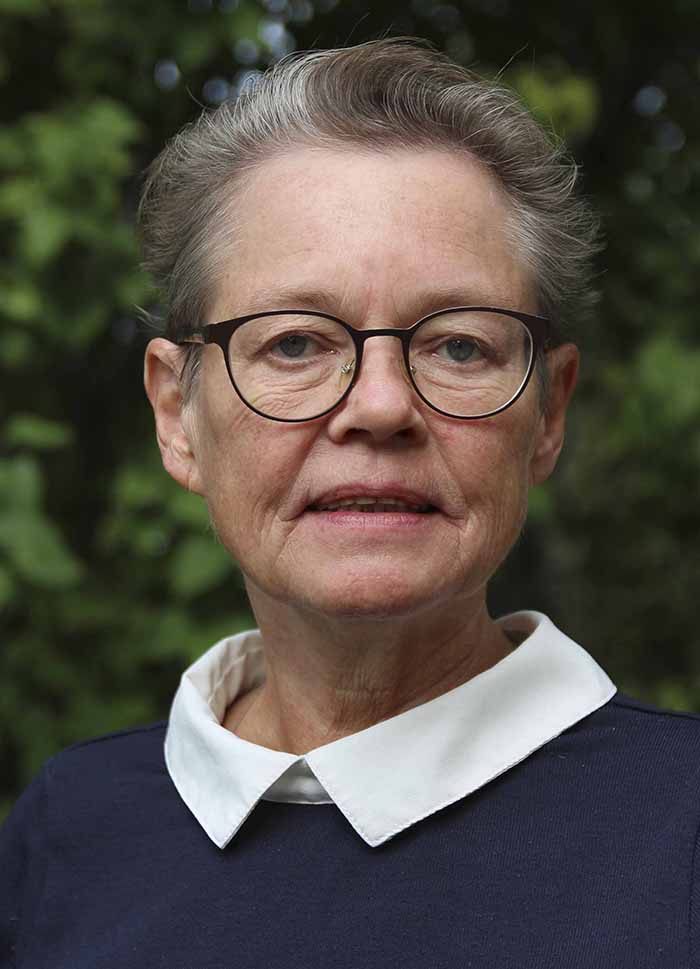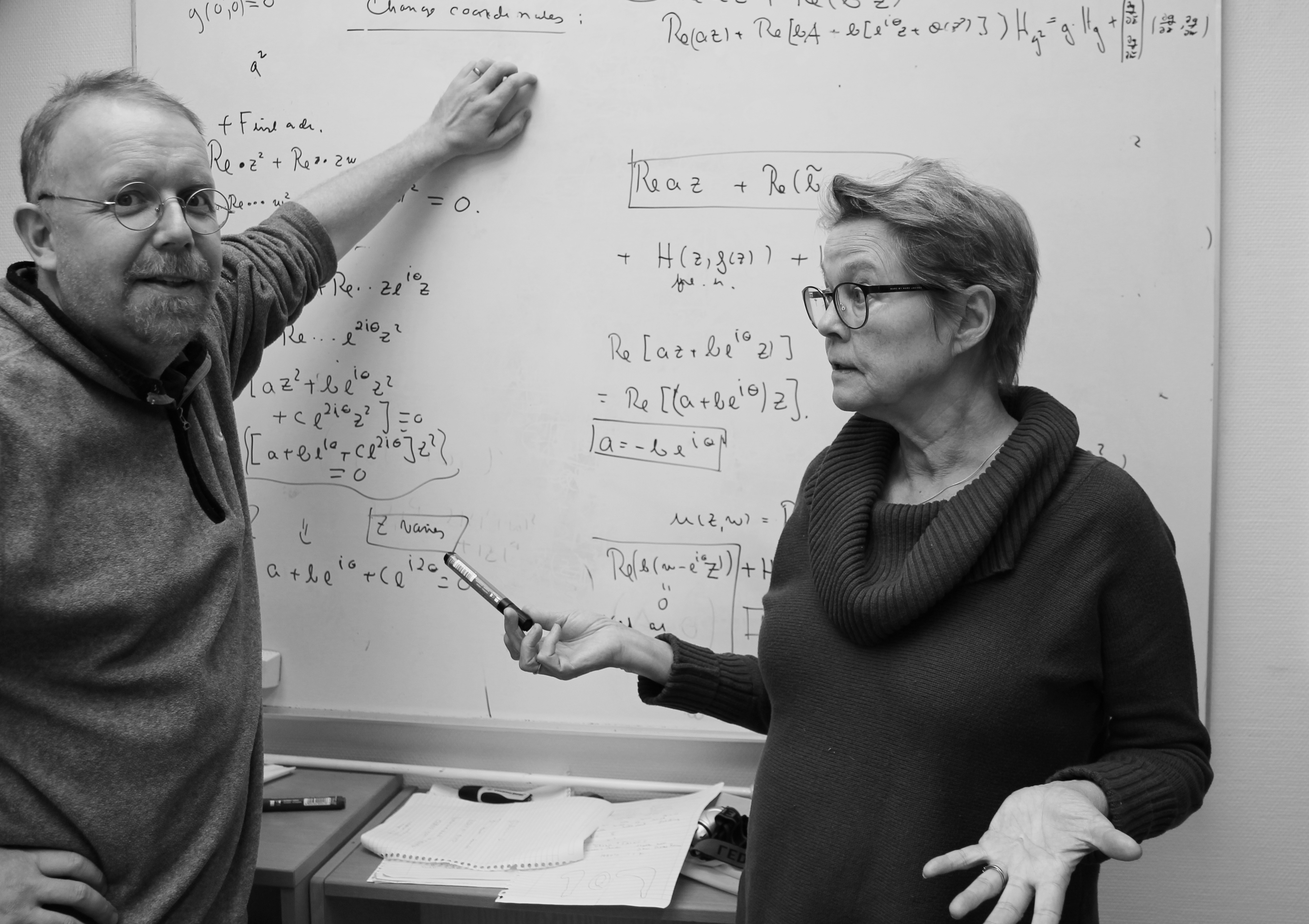Alumni Spotlight: Berit Stensønes about her role model Karen Uhlenbeck


Stensønes led the CAS project Several Complex Variables and Complex Dynamics together with Professor Erlend Fornæss Wold in 2016/17.
In an article at forskning.no from 2017, she described Karen Uhlenbeck as her role model. We talked with the former CAS group leader on the phone from Trondheim, and asked her what this year’s Abel Prize means for her.
Why is Karen Uhlenbeck so great?
'When I first arrived in the US in 1982 to take my PhD at Princeton University, I quickly learned that Karen Uhlenbeck was one of the most prominent mathematicians around. I would hear her name at any good talk I attended.
Most importantly, Uhlenbeck is a wonderful mathematician. Then, she is a woman. It was inspiring for me to see that a woman could be such a prominent mathematician. She has been strongly involved in developing several parts of mathematics, such as geometry and partial differential equations. Uhlenbeck is spectacular!'
What does it mean for you that she was awarded the Abel Prize 2019?
'I am very excited that the type of mathematics that she does, and that kind mathematician that she is, gets the Abel Prize. She is a very strong, robust woman, and she is chosen because of her accomplishments, not because of her gender. '
In the interview with Uhlenbeck at the announcement of the Abel Prize 2019, she said:
I worry a lot about other minorities because I know what it was like being on the outside looking in, and I believe there are still people on the outside in the mathematics looking in who are capable of being great mathematicians.
Do you share her concern about other minorities in mathematics?
'I do indeed. I can recommend a very interesting article in New York Times about Edray Goins, a black mathematician at Purdue University. He became full professor, and then experienced being pushed aside all the time until he gave up. This is a structural, discriminatory problem.
When it comes to women’s position in mathematics today, the glass ceiling still exists. I believe that the discussions about gender in the 70s were more open compared to today. It is difficult to discuss gender in academia today. It seems to me that people think that this is all taken care of, and they tend to get irritated if one tries to bring an issue up or share an example where it looks like bias have been involved. I find myself backing off rather than take a discussion.
I think that the Abel Prize to Karen Uhlenbeck is a forceful contribution here. People will understand that they need her.'
Over to your own work, which normally is in focus in this column. Why did you apply to CAS?
'I applied to CAS because to gather a group of my choosing, for a whole year, seemed like a very interesting and fruitful concept.'

What do you remember best from your year at CAS?
'It is a very nice atmosphere at CAS. The fact that there are not too many people there, makes it easier to get to know both the group you lead as well as researchers from the other projects, which is interesting.'
How did your project develop after the year at CAS?
'We were able to solve a problem we worked on in dimension two, already then a breakthrough, and later we solved it in all dimensions. Without going into detail, we had several breakthroughs at CAS and in the aftermath of our project year.'
What advice do you have for future CAS project leaders?
'I would like to encourage future CAS project leaders to acquaint themselves with the CAS structure; that you can only have so many people at a given time in order to get the full potential out of your stay.
Our several mathematical conferences were successful, and CAS is a great place to have those conferences because you get plenty of good help.'